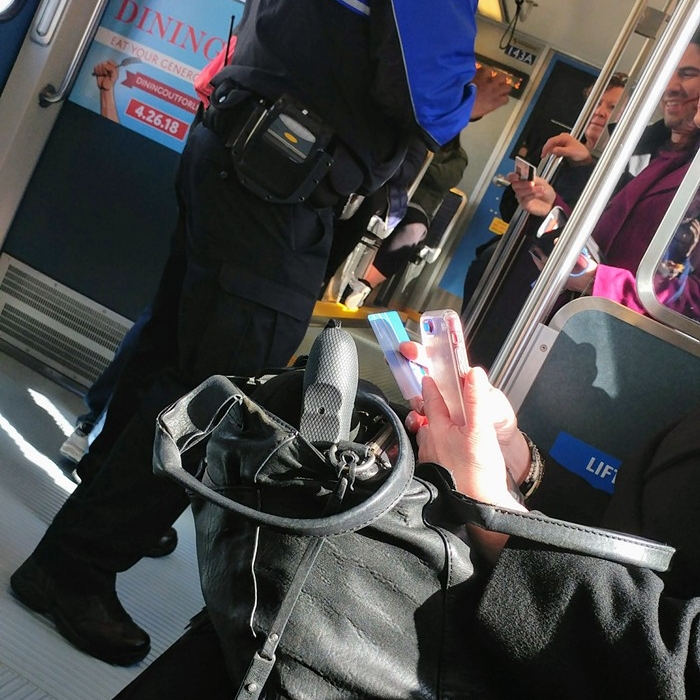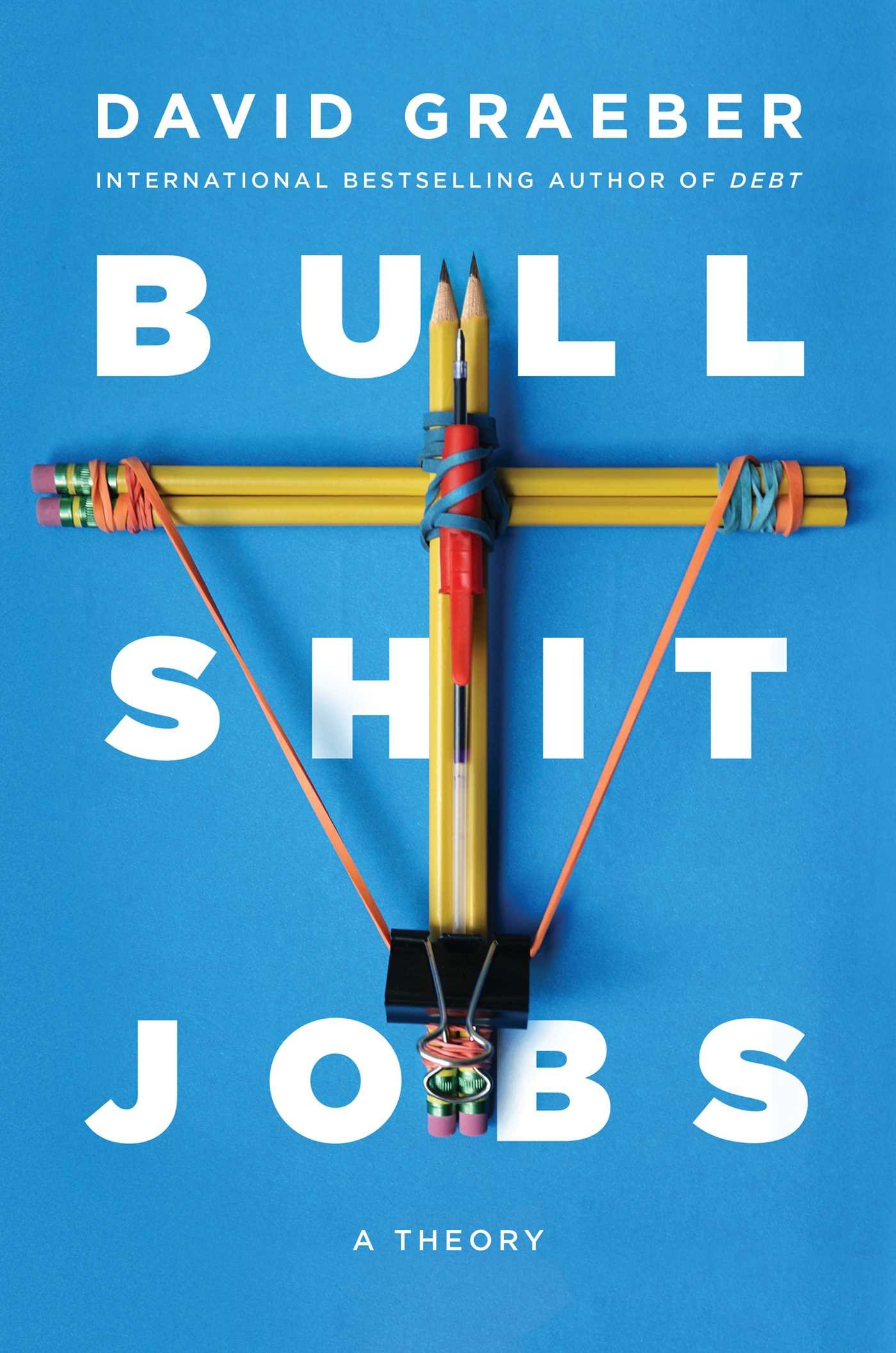
How Useful Is the Aggressive Fare Enforcement of Link Light Rail?
The one, possibly only thing, I dislike about Vancouver BC’s SkyTrain is that it’s completely run by machines. I have used the system over 100 times in the downtown area, and only once have seen a human working at a station as an employee of the rail system. The trains are fully automated, and tickets are dispensed by machines; they also do the gatekeeping. The system is one giant transportation robot. Seattle’s Link Light Rail has humans, but they only do two forms of work. One is driving the trains, and the other concerns policing or security work. The policing work on Link is very present and aggressive (I have had my fare checked twice even on one trip); and fare enforcement is directly connected with armed law enforcement.
Both systems lack any form of care work—helping people who are lost or have disabilities or are young or old. The security workers on Link sometimes offer assistance to the confused, but it’s very clear they are not trained in any meaningful way for care work. This is not the case for Metro, whose bus drivers are at once care workers and operators (the Link driver steps into a cell and locks him/herself up). Metro drivers help people with disabilities, or provide information about routes, the location of stops, or the fare for people and pets. Metro drivers are engaged with people and provide care.
To get a good sense of the importance of this kind of work, I recommend checking out a book I read this weekend, David Graeber’s Bullshit Jobs. Indeed, this Slog post was inspired by a section in the book’s most brilliant chapter, Chapter 6, in which Graeber describes a 2014 transit strike that responded to the then-mayor’s threat to close “a hundred London Underground ticket offices, leaving only machines.” Many on the right and left thought that ticket office workers were fighting a lost cause because their jobs had become redundant. This was not about them; it was about the state of technology. But this argument only exposed the blindness to the care work they provided.
The striking ticket officers were well aware of this side of their work, and made the public aware of it in a post called: “Advice to passengers using the future London Underground.”
Graeber reproduced the post in his book:
Please ensure that you are thoroughly familiar with London Underground’s 11 lines and 270 stations before travelling […] Please ensure that the ticket machines are always working,and that the gates always deduct the correct amount from your card. Please ensure that there are no delays to your journey, or any accidents, emergencies, incidents or evacuations. Please do not be disabled. Or poor. Or new to London. Please avoid being too young or too old. Please do not be harassed or assaulted while travelling. Please do not lose your property or your children.
Please do not require assistance. Please understand that if you do not follow this advice, we may be unable to help you.
But caring labor, which is “work directed at other people, and involves a certain labor of interpretation, empathy, and understanding,” is hard or impossible to automate. It has also been and still is one of the leading sectors of employment in all capitalist societies (industrialized or otherwise). But our collective blindness to the fact of this sector’s importance (and most would not even call it a sector) “has consequences.” And this not only has to do with how we staff (or don’t staff) public transportation systems like Link Light Rail and SkyTrain, but how we organize and reward work in the economy as a whole.
Before I explain the point of Graeber’s excellent book, I must recommend that read you read it in this order: Chapter 5 and Chapter 6 (they contain the theoretical foundation of the bullshitization of the economy). Then go back to Chapter 1 and read up to Chapter 4 (they contain the reporting and something like applied anthropology—Graeber is an anthropologist by training). Then hop to the last chapter, Chapter 7 (the politics and solutions). The book’s key point? Caring work has no bullshit in it; it’s useful, and as such, it rarely pays well. But the tendency in our society has been this: The more useless a job (Graeber’s definition of a bullshit job—a job that can vanish with no loss or negative impact on the human life-world), the more it pays: corporate lawyers, financial strategists, investment bankers—in short, the kind of jobs that are close to the concerns of those who command our societies with the social power of money.
But it’s important to note that Graeber sees three categories of work: the caring sector, the productive sector, and the bullshit sector. Over the past 40 years, the last sector has really exploded. Its success and substance is often contrasted with or measured against the productive sector. Graeber argues that both Marxists and conventional political parties tend see the productive labor as noble, and the source of all value. He also theorizes that the admiration for this kind of work, which is usually associated with the factory, has theological origins (“I insist our concept of ‘production,’ and our assumption that work is defined by its ‘productivity’ is essentially theological”). Orthodox economists (or the neoclassical school) defend the growing bullshit sector with everything they have got, including mathematical models. Graeber, who is also an anarchist, wants none of either, and points instead to the overlooked caring sector. This form of work comes closest to the kind of animal we are.
And it is here that Graeber’s theory reflects the sociobiology of evolutionary anthropologist Sarah Hrdy, whose book Mothers and Others profoundly shaped my social and cultural theories. Hrdy argues that our sociality (our kind of animal) is defined by long and intensive caring, and so its essential unit structure, the point from which it is elaborated over time into larger social forms (villages, towns, cities, nations), is the relationship between a child and a mother. Without this primary unit link, coupled with the slowness of human development (which requires alloparenting—”helper”), hyper human cooperation would not be possible. But human cooperation has been captured and transformed in the production of value, the surplus of which is transformed daily into the cultural form of power called money. (The Marxist Werner Bonfeld, drawing from the Frankfurt School, calls this “the inverted form of real economic abstractions.”) The entire process and enforcement of this inversion, as I have said before, is cultural.

